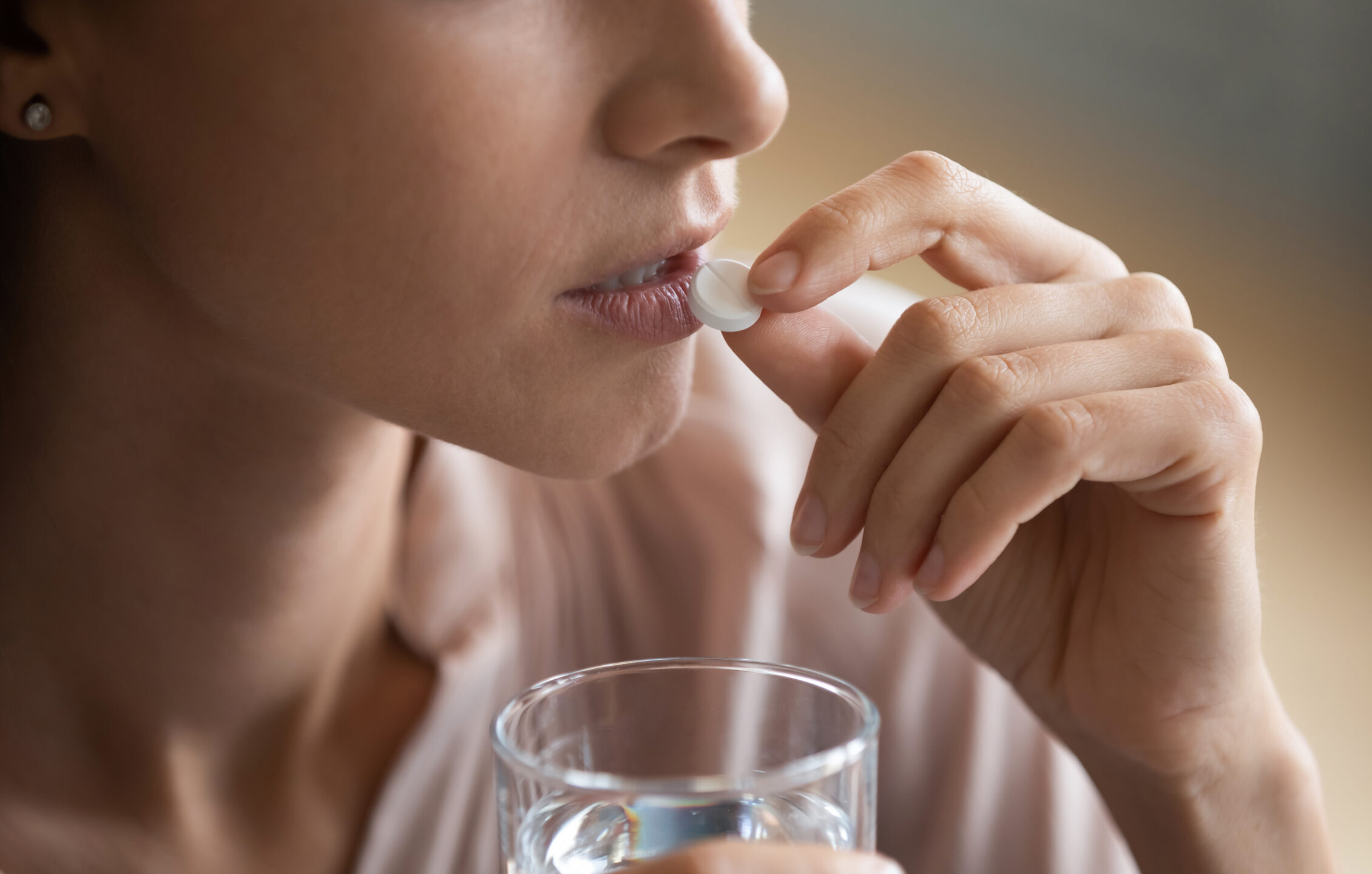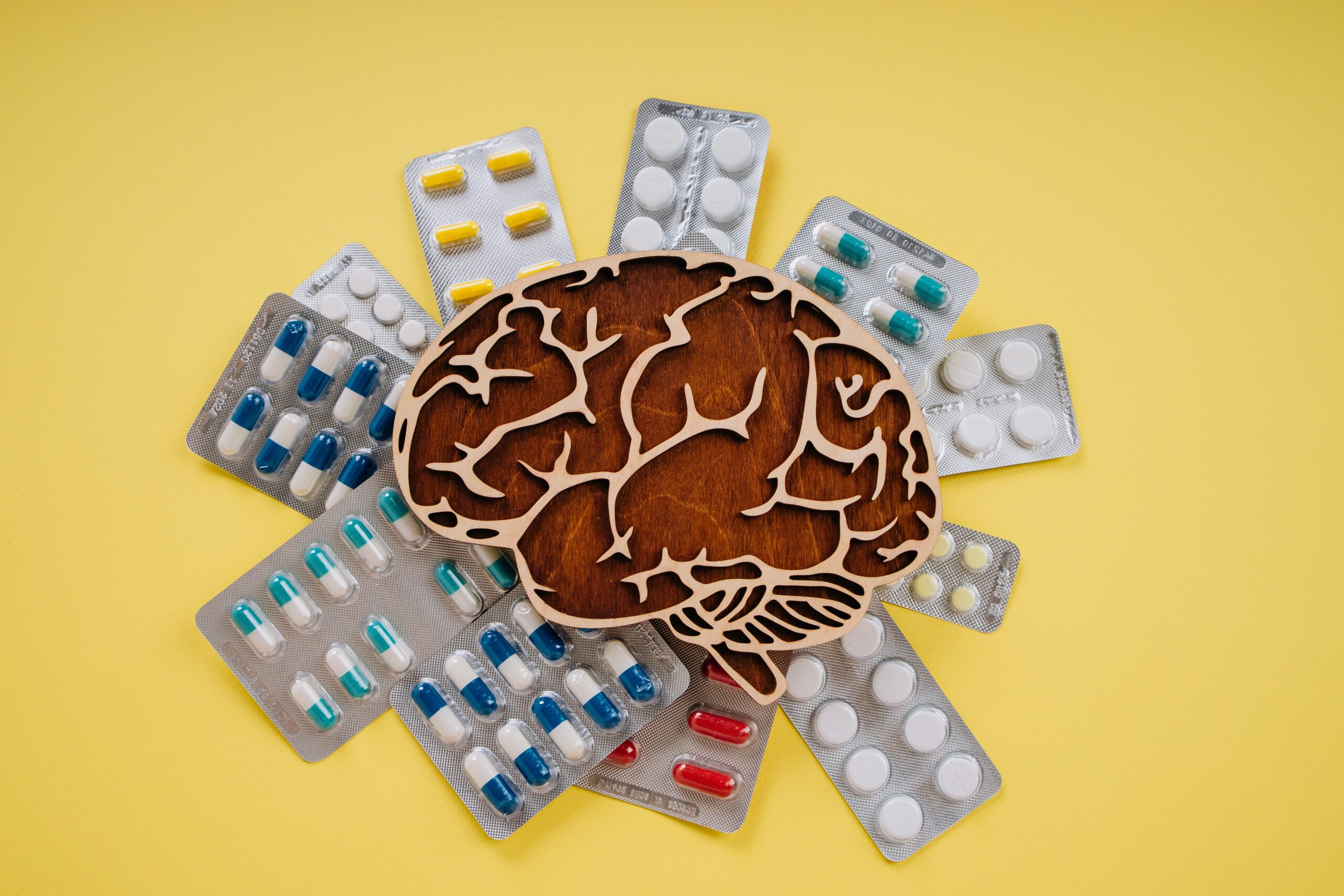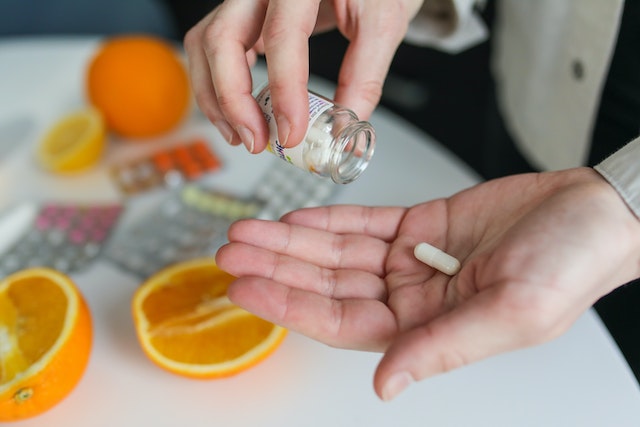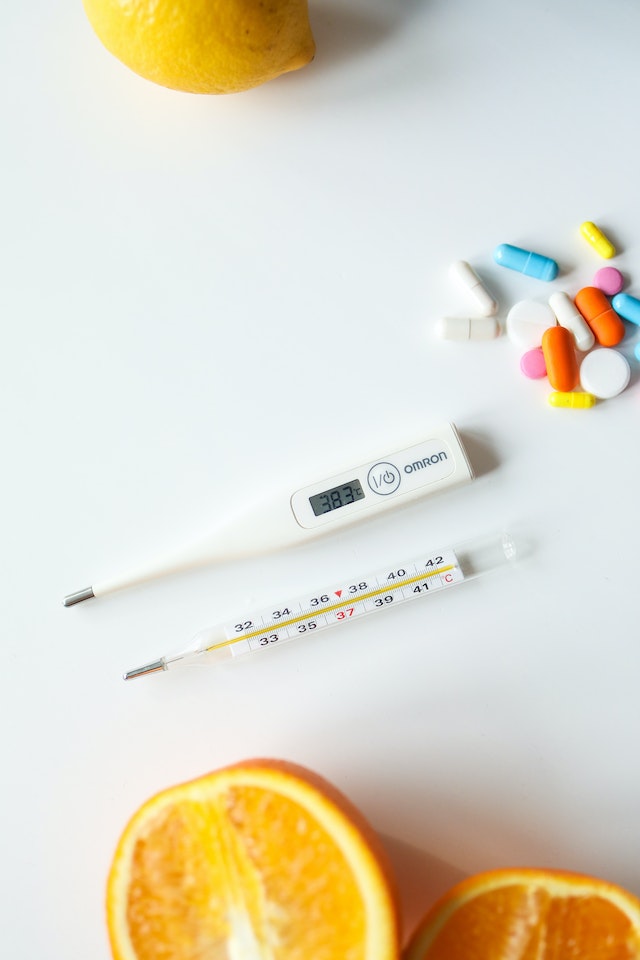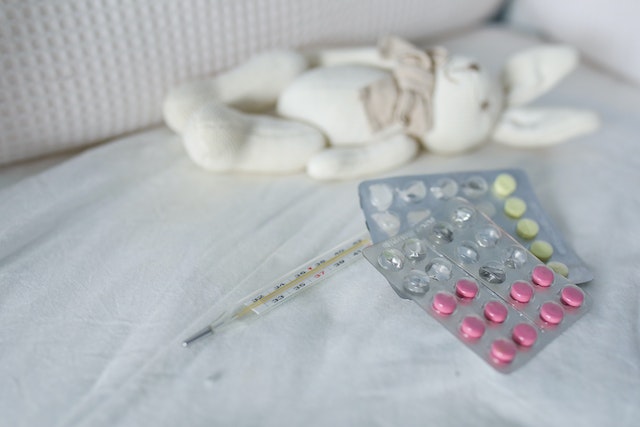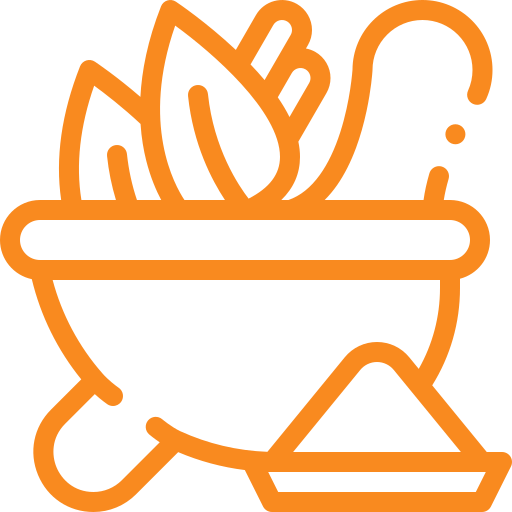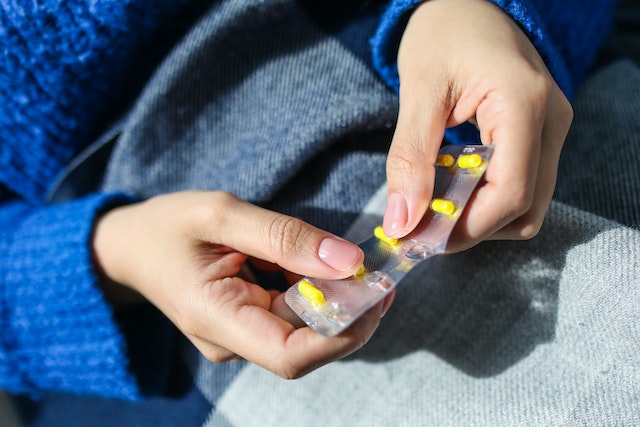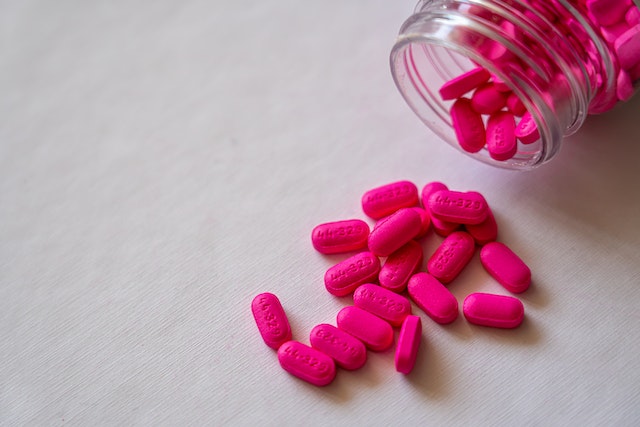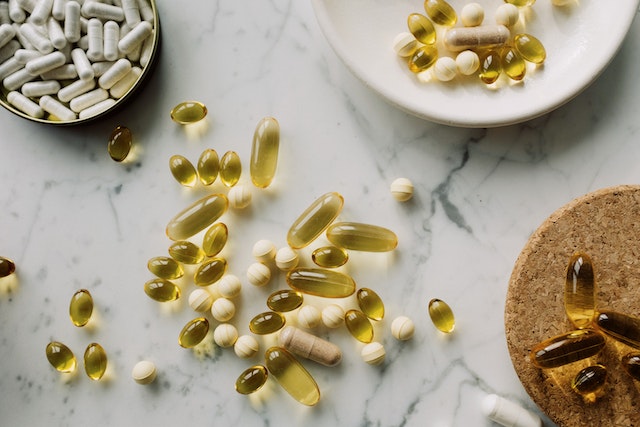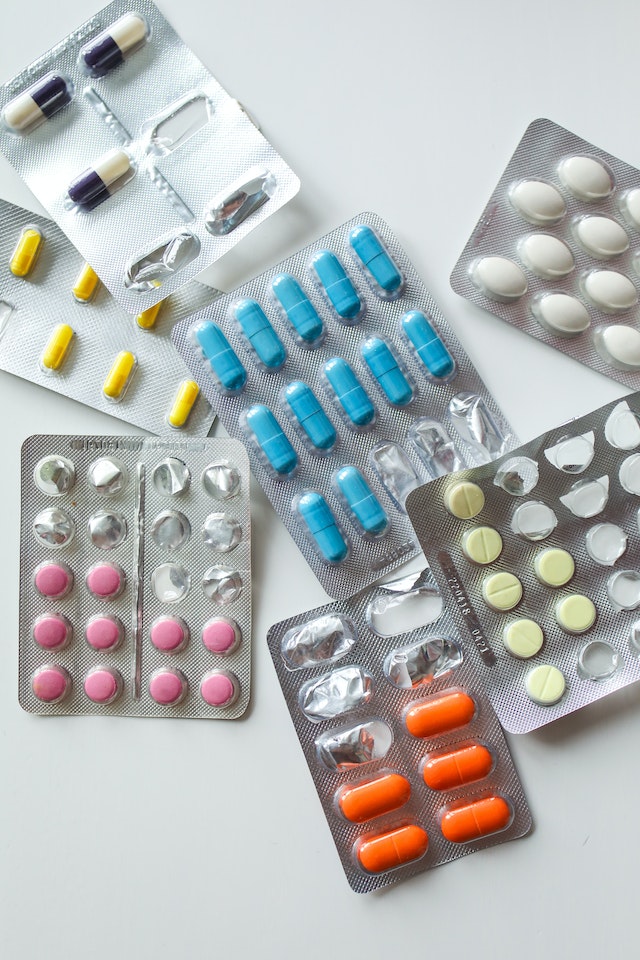How I View The Connection Between Your Body, Brain & Medications
Everything is connected. Everything. And most of your body is managed through the supercomputer in your head, your brain. Medications that are designed to affect the body certainly can affect your brain, mood, cognition and emotions. Additionally, there is a new category of drugs called “biologics” that can cross the blood-brain barrier that are both less regulated and affect people in different ways.
So whether your medication is aimed at your brain function (antidepressant or SSRI) or to address a symptom in your body (ibuprofen or acetaminophen for a headache) without knowing your own individual body chemistry, it’s near impossible to create a flawless cocktail of medications that have no side effects.
It is only when we know your exact chemistry through various laboratory tests that we can better account for how your body, with your blood type and your brain, will react to various medications.
That said, many people fail to look up the common, and the rare, side effects of the medications they’re taking. Once they do this, often there is an answer for their symptoms that’s easily explainable.
Don’t forget that polypharmacy or the use of multiple drugs at the same time in combination is tricky and in some cases quite dangerous. Chasing each symptom with another drug one after the other can lead to disastrous consequences.
